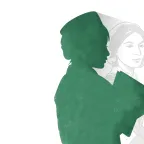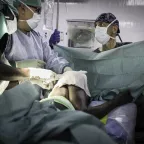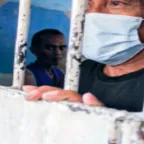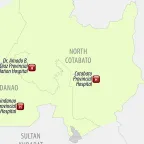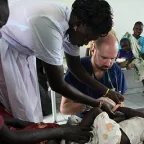Violence against health workers must cease to help contain COVID-19 emergency
… violence and acts of intimidation against health workers and urges respect for all … an already difficult situation. Health-care staff, hospitals & ambulances are often … As part of the global Health Care in Danger (HCiD) initiative , the ICRC, the IRCS, …


